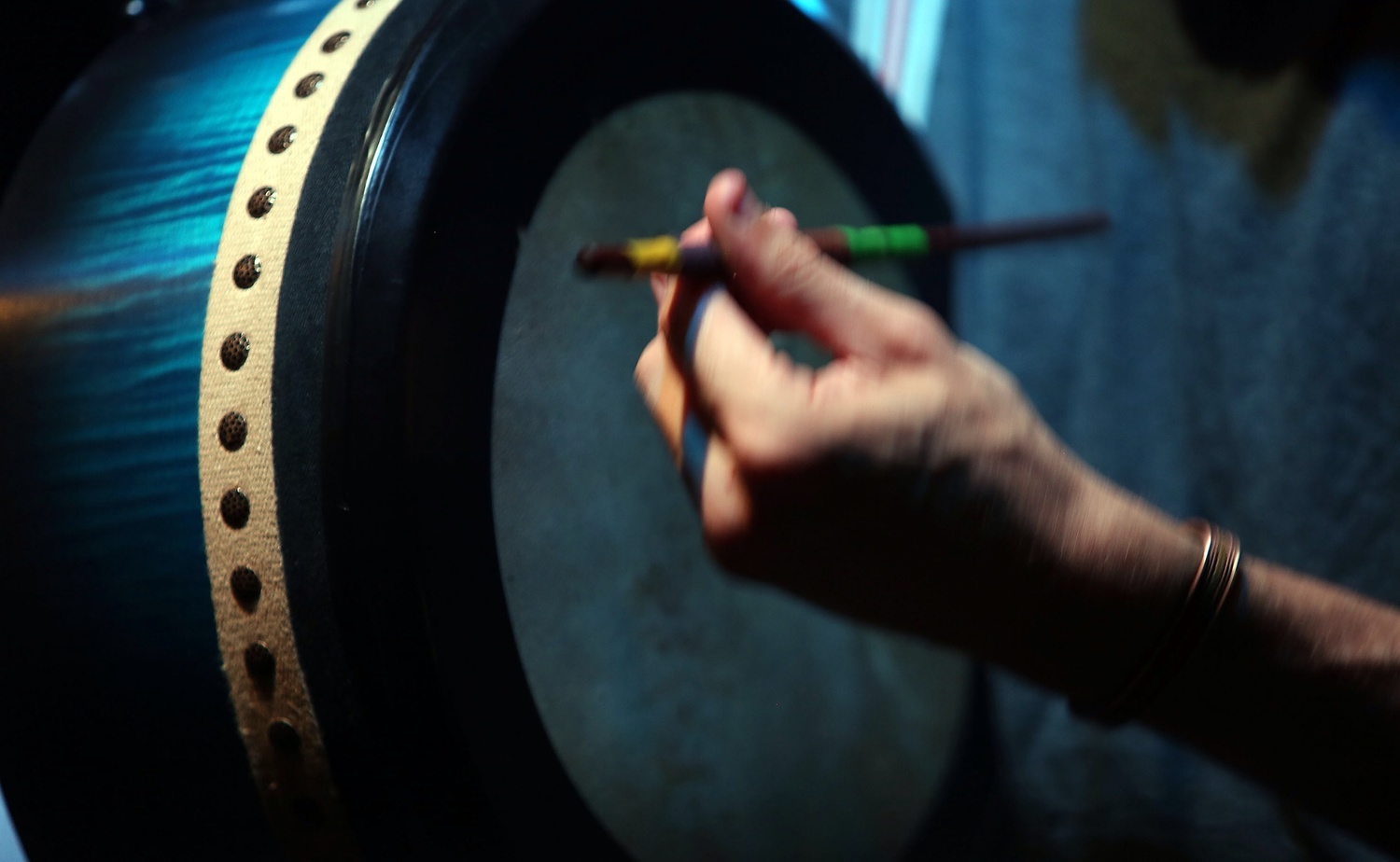By Steven McCaffery
THE peace process is in crisis, power-sharing isn’t working, the Assembly is doomed, it’s been a deeply depressing summer: just some of the things you won’t have heard in Derry over recent days.
For while the smoke of riots hung over Belfast and as the DUP did a U-turn on plans to redevelop the Maze prison in a deepening row with Sinn Féin, the city of Derry/Londonderry was enjoying one of the best weeks of its modern history.
Official figures confirmed that close to half a million people poured into stroke-city for Fleadh Cheoil na hÉireann – the annual pilgrimage of the Irish traditional music scene which drew to a close last night.
It is the first time in its 60 year history that the iconic event has come north of the Irish border and for that reason alone it was always going to be a big occasion.
But its importance to the wider political picture is that this quintessentially Irish celebration of identity and tradition was conducted under the banner of UK City of Culture and with the symbolic inclusion of members of the unionist community.
The headquarters of the loyalist Apprentice Boys was one of the venues, loyalist flute bands were included on the programme of events, and the Police Service of Northern Ireland pipe band was there.
And there was a huge Sottish contingent – nothing new for the Fleadh with its worldwide Celtic connections, but nevertheless providing another bridge to unionism’s Ulster-Scots tradition.
Derry has had a difficult past, including the violence of the Troubles and a history of clashes over parades, while the Protestant community has also regularly cited concerns over its place in the city.
But there is no doubt that efforts have been made to build relationships and life in Derry has got a lot better.
Just before the week-long Fleadh kicked off, thousands of Apprentice Boys took part in their biggest annual parade, which passed off without incident in the city.
Governor of the Apprentice Boys Jim Brownlee said that over the years people have learned to work together on issues such as parading and that dialogue has brought positive changes.
Lessons can be learned from Derry-Londonderry, even though there are no simple or easy answers to the problems facing the peace process.
The last 12 months in Northern Ireland have been pock-marked by persistent rioting, paramilitary violence and political upheaval over flags, parades and the legacy of the Troubles.
The Detail revealed here how the US government harboured fears for the peace process and in a significant move has now asked Vice President Joe Biden to monitor developments.
The outside world will be watching closely in the autumn when Stormont parties enter negotiations on dealing with their continuing divisions – though securing agreement when politicians have one eye on next year’s elections will be a tall order.
The Fleadh appeared to be a million miles from such concerns. It was on a huge scale – something which sadly will be entirely lost on those in Northern Ireland who did not attend it, or who did not see the nightly live coverage broadcast by Irish-language TV channel TG4.
The morning-after-the-night-before it’s important not to get carried away – but nevertheless the Fleadh’s success and the sharp contrast with simultaneous events elsewhere in Northern Ireland give the event some political significance.
There is a broad theory that in 1998 the Good Friday Agreement provided a political framework for the unionist and nationalist blocs to operate within, but that the current tensions relate to the two traditions jostling over the identity and culture of the emerging new society.
The Fleadh is an Irish event and will inevitably have a greater appeal to nationalists. But perhaps unionists, suspicious at the calls for the increased expression of Irish cultural identity in Northern Ireland, can glimpse how that can sit side-by-side with loyalist traditions without eroding British identity.
Perhaps it is even possible to say that such a huge cultural event makes it a little harder for dissident republicans opposed to the peace process and who have been prominent in Derry to claim that nothing is changing for nationalists.
The Fleadh may well prove to be little more than a positive blip in a year otherwise coloured by acrimony.
But there will be lots of discussion about why Derry is broadly dealing better with cultural tensions than other areas – it is at least showing what is possible and providing an example to learn from.
Recent figures show that the Catholic and Protestant populations are balancing-out in Northern Ireland which, regardless of the failings of politics, provides its own dynamic towards the ultimate emergence of a shared future.
These are times that demand a live-and-let-live attitude. Flexibility is called for. Dialogue is required.
The message of the Fleadh is simple: we need a change of tune.
 By
By
